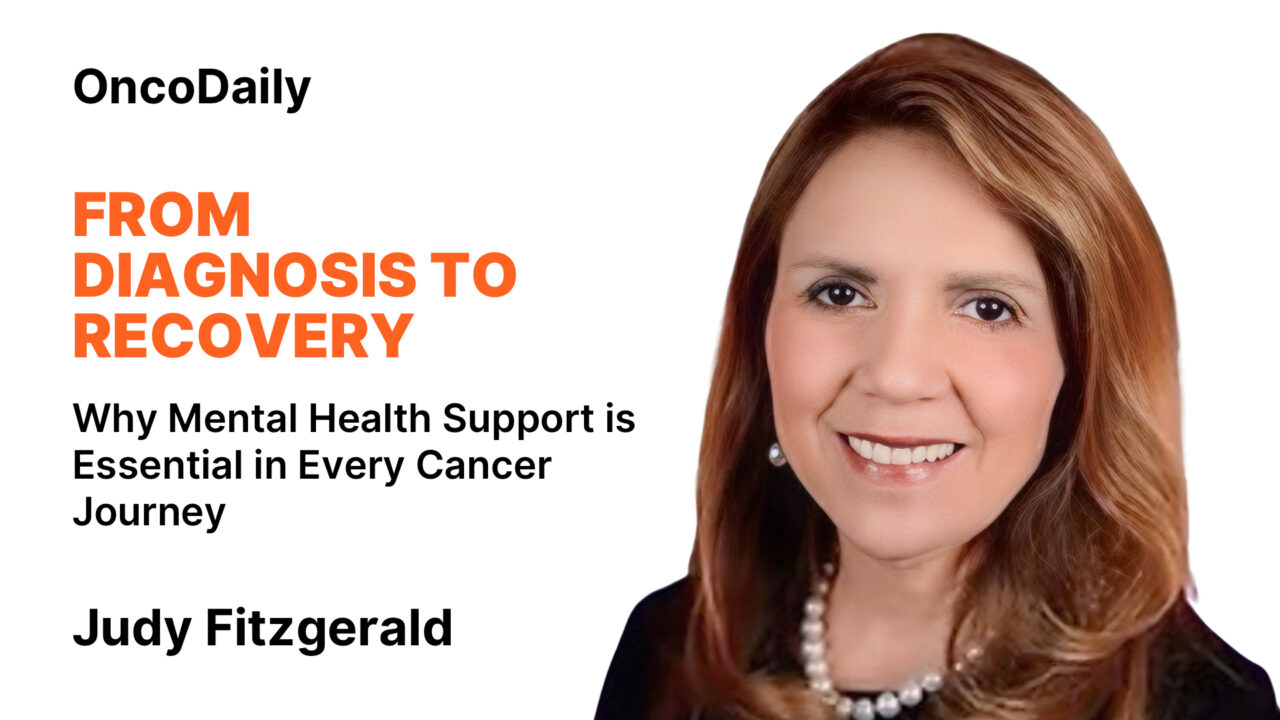Why Mental Health Support is Essential in Every Cancer Journey: The Princess of Wales Speaks Out!
Cancer isn’t just a physical diagnosis
Cancer is an emotional earthquake. From the moment those life-changing words are spoken, the world tilts. And while medical teams spring into action to tackle the physical side of things, what often gets overlooked is the mental toll cancer takes – on patients, on families, and even long after treatment ends.
In recent months, the world was moved when Catherine, Princess of Wales shared her own cancer diagnosis. Her openness about the emotional impact of her journey has brought renewed attention to the often-quiet psychological battles that come with serious illness.
“Having William by my side is a great source of comfort and reassurance, but most importantly, it has taken us time to explain everything to George, Charlotte and Louis… and to reassure them that I am going to be OK.” she shared in a heartfelt video.

That reassurance – both for loved ones and for ourselves – is no small feat. Cancer doesn’t just affect the body. It brings uncertainty, fear, exhaustion, and a deeply human need for support and understanding.
Let’s Talk About the Emotional Side of Cancer
It’s normal to feel anxious after a diagnosis. In fact, research shows that up to one-third of cancer patients struggle with anxiety or depression. You’re not just dealing with medications and appointments – you’re navigating questions like:
- Will I survive?
- How will this affect my children, my partner, my job?
- Will I ever feel like “me” again?
Mental health support isn’t just “nice to have” – it’s a lifeline. Whether it’s through therapy, support groups, or simply having someone who listens, psychological care helps people stay resilient and connected to hope.
The Struggles Don’t Stop After Treatment
One of the hardest truths? Just because treatment ends doesn’t mean the emotional rollercoaster does.
Many cancer survivors talk about the pressure to “bounce back,” but find themselves dealing with lingering fatigue, fear of recurrence, and even guilt for surviving when others didn’t. As the Princess of Wales so poignantly described:
“There are good days and bad days. On those bad days, you feel weak, tired, and you have to give in to your body resting. But on the good days, when you feel stronger, you want to make the most of feeling well.”
This message is powerful – because it normalizes the ups and downs. Healing isn’t linear. And that’s OK.
Real Strength is Asking for Help
By speaking openly about her diagnosis, Catherine has done something incredibly important: she’s shown that even those in the public eye, even royalty, aren’t immune to struggle. And more importantly, that it’s strong to ask for help. It’s OK to say you are NOT OK!
“It has been an incredibly tough couple of months for our entire family. But I’ve had a fantastic medical team who have taken great care of me, for which I am so grateful. There is a whole phase when you finish your treatment. Everybody expects you to be better – go. You’re done, you should be back. But it’s not the case at all.” she said.
That care – physical and emotional – is what everyone facing cancer deserves. Rethinking Cancer Care: Body and Mind.
It’s time to start seeing psychological support not as an add-on, but as a core part of cancer treatment. That means offering mental health check-ins from day one, providing space for families to process, and making sure survivors have support long after their final chemo session.
Dr. Samantha Lewis, a specialist in oncology psychology, puts it perfectly:
“Treating cancer is not just about removing tumors – it’s about helping people heal. And that healing must include the mind and soul.”
Final Thoughts
Cancer is one of the most difficult journeys anyone can face. But no one should have to walk it alone – especially not emotionally!
The Princess of Wales’ honesty has opened the door for a more compassionate, more complete, approach to care. It’s a reminder that mental health support isn’t weakness – it’s part of the cure.
If you or someone you love is navigating cancer, reach out. Talk to a counselor. Join a support group. Speak to your doctor about mental health options. You are not alone – and your emotional well-being matters just as much as your physical health.
Have you or someone close to you experienced the emotional side of cancer? What kind of support helped most? Share your story in the comments below – your voice might be exactly what someone else needs to hear today.
I am looking for a grant to track the anxiety of patients from pre-diagnosis to post-treatment to see if early psychological intervention impacts the quality of life, and even the recurrence of the disease. If you can help, please contact me at Sisters4Prevention@yahoo.com. Thank you!
Written by Judy Medeiros Fitzgerald
Founder of Sisters4Prevention
You can find more posts about the Princess of Wales in OncoDaily.


